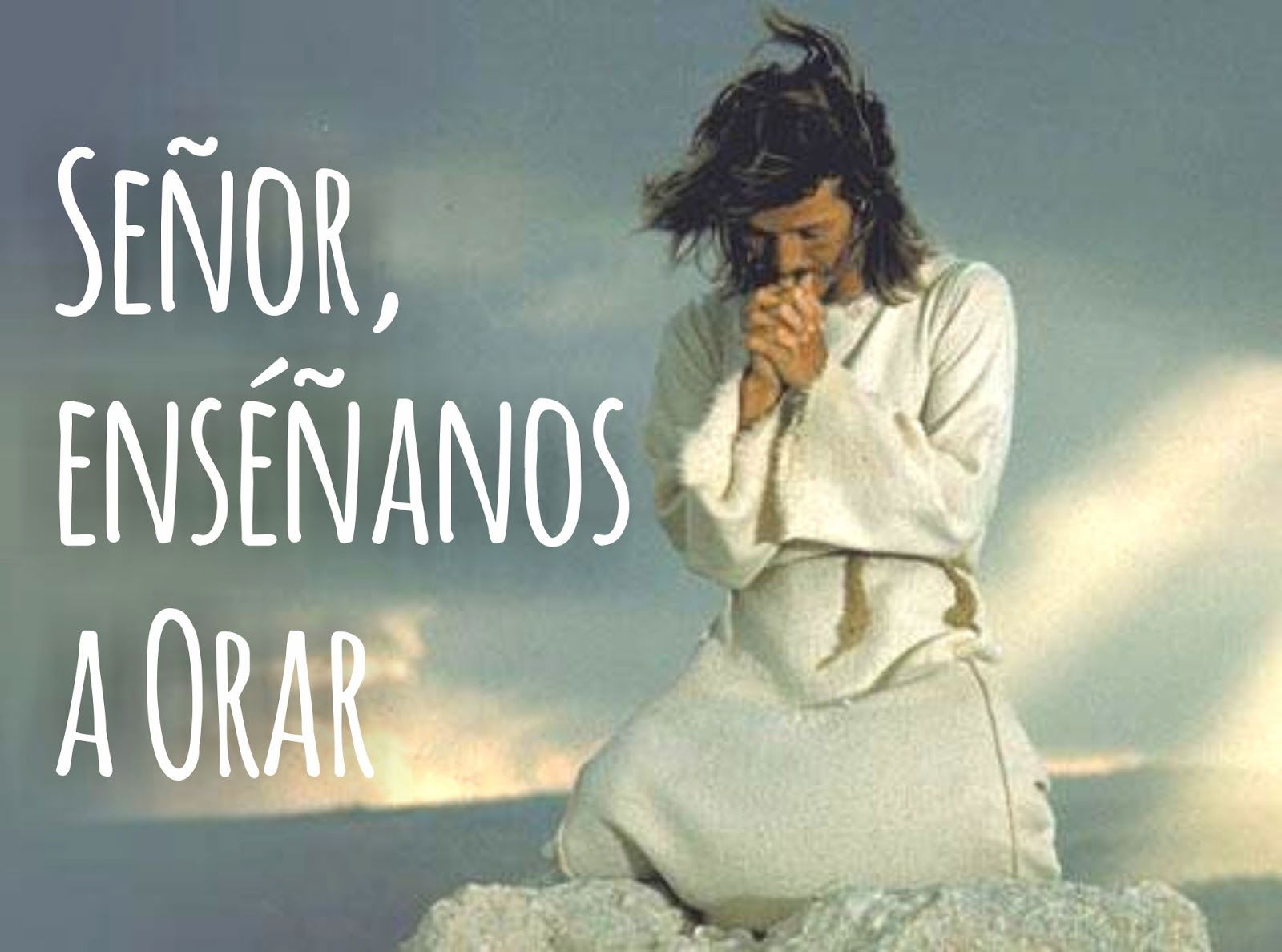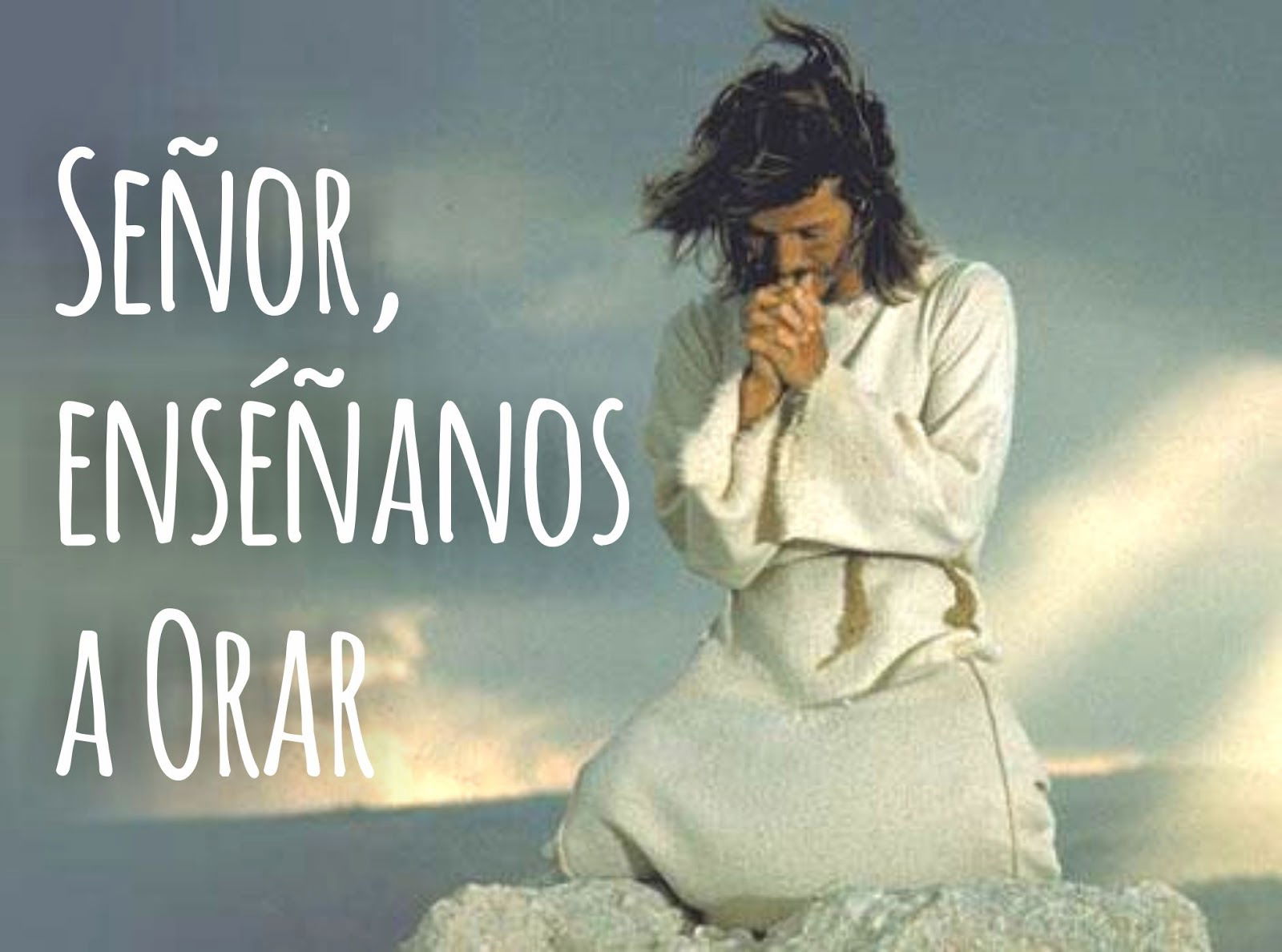Today's Gospel Reflection

Jonah was a prophet who possibly lived during the reign of Jeroboam II predicting the unification of the kingdom of Israel. The book of Jonah, whose author is unknown, is a story, a narrative with a didactic purpose, written as a parable.
The text we reflect on today is the last of the four parts of the book.
It is interesting to see in the preceding texts how Jonah tries to evade the order he receives from the Lord: Go to Nineveh and preach the conversion of its inhabitants. But this proposal does not agree with the prophet's way of thinking and feeling. Consequently, he takes a direction contrary to the one indicated by the Lord, Tarshish. What pained Jonah was to think that the Lord could offer his Love and mercy to a city that, besides being sinful, was an enemy of Israel.
And it was precisely to that city, Nineveh, that the Lord sent him, Jonah. But God, despite the first disobedience of the prophet, speaks to him again through different events and Jonah finally agrees to go to Nineveh, not announcing to the city God's forgiveness but God's punishment if they do not convert.
I know that you are a benevolent and compassionate God.
The Ninevites are converted upon hearing Jonah's preaching. And this is where our text begins.
Chapter 4 presents us with a very angry Jonah who, out of his anger, addresses the Lord with a beautiful prayer "I know that you are a benevolent and compassionate God, slow to anger and full of Love... and that is precisely why you were going to forgive the Ninevites. I am not interested in living any longer. I am disappointed.
And Jonah's dialogue with the Lord continues. You are not right to be angry in this way, the Lord tells him, and explains to him, through what happened with the castor bean, that much more important and sad than the loss of the castor bean was the loss of the men of the city of Nineveh.
He makes us an important reflection, proclaiming the forgiveness and love of the Lord to all men, whether they are our own or not, and this should be a reason for joy, also for Jonah. He ends the text with a question that could be addressed to each one of us, don't you understand?
Analyzing Jonah's behavior and following each one of us our own history, it is quite possible that it will not be difficult for us to discover moments in which we feel identified with some of the prophet's attitudes. Moments in which we have tried to change the direction in our response as believers, disobeying what God and our conscience indicated to us.
It is also possible that, at times, we have felt more anger than joy, for understanding that the Church is welcoming to the "others", capable of offering forgiveness.
A beautiful lesson from God through the book of Jonah, one more. That God perceived as full of Love, compassion and mercy towards humanity, who offers his forgiveness to all men, and points towards the universality of the Church.
Our Father!
I am going to make my reflection in a global way, not focusing on the invocations and petitions of which the Our Father is composed. Many authors have developed each of the petitions of the Our Father, and they can serve as "indicators" of the Christian's spiritual journey, because "it is the summary of the whole Gospel", and, writes St. Thomas Aquinas, "the most perfect of prayers".
Jesus, throughout his life and activity, has left us clear, the importance that in his life he gave to prayer, to his dialogues with the Father. And also some warning about the excess of activity: "Martha, Martha..."
Luke's text begins "Jesus was praying in a certain place" (cf. Mt 6:5-15).
The disciples have grasped the importance for Jesus of times of prayer and ask him to teach them to pray. Lord, teach us to pray! It can also be our supplication today and always. Even if we have recited the Lord's Prayer a thousand times. Lord, teach us to pray.
The beginning of prayer is so strong, we would say today, that St. Teresa said that she was often enraptured by the immensity and love that enclosed its beginning Father! If we continue, without routine, with the next word, Our, we will feel a call, each time we pray it, to review our commitment to create fraternity and feel truly brothers. A call to review our small fragilities in order to build fraternity to make possible his Kingdom, the Good News of the Gospel.
And as we feel fragile we ask for his Bread, his Grace, the things necessary for us and for humanity. Our petition to God becomes a commitment for us. Commitment to live what we express as petition.
We are fragile, in need of his strength, of his light, so as not to fall into the temptations that life presents to us. We are also in need of your mercy and forgiveness.
Lord, teach us to pray and give us your grace to live the Our Father.

